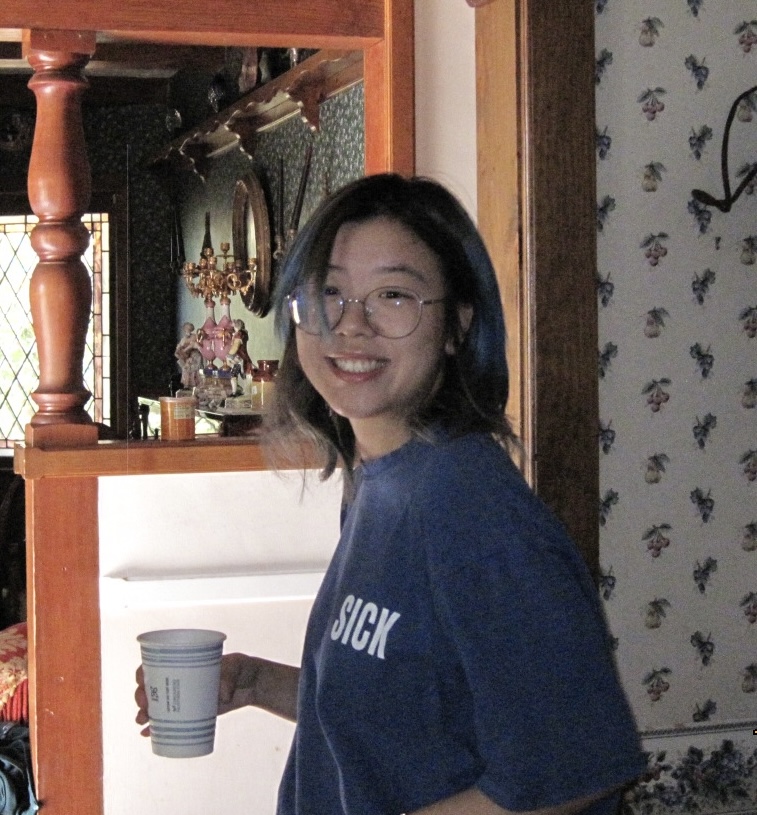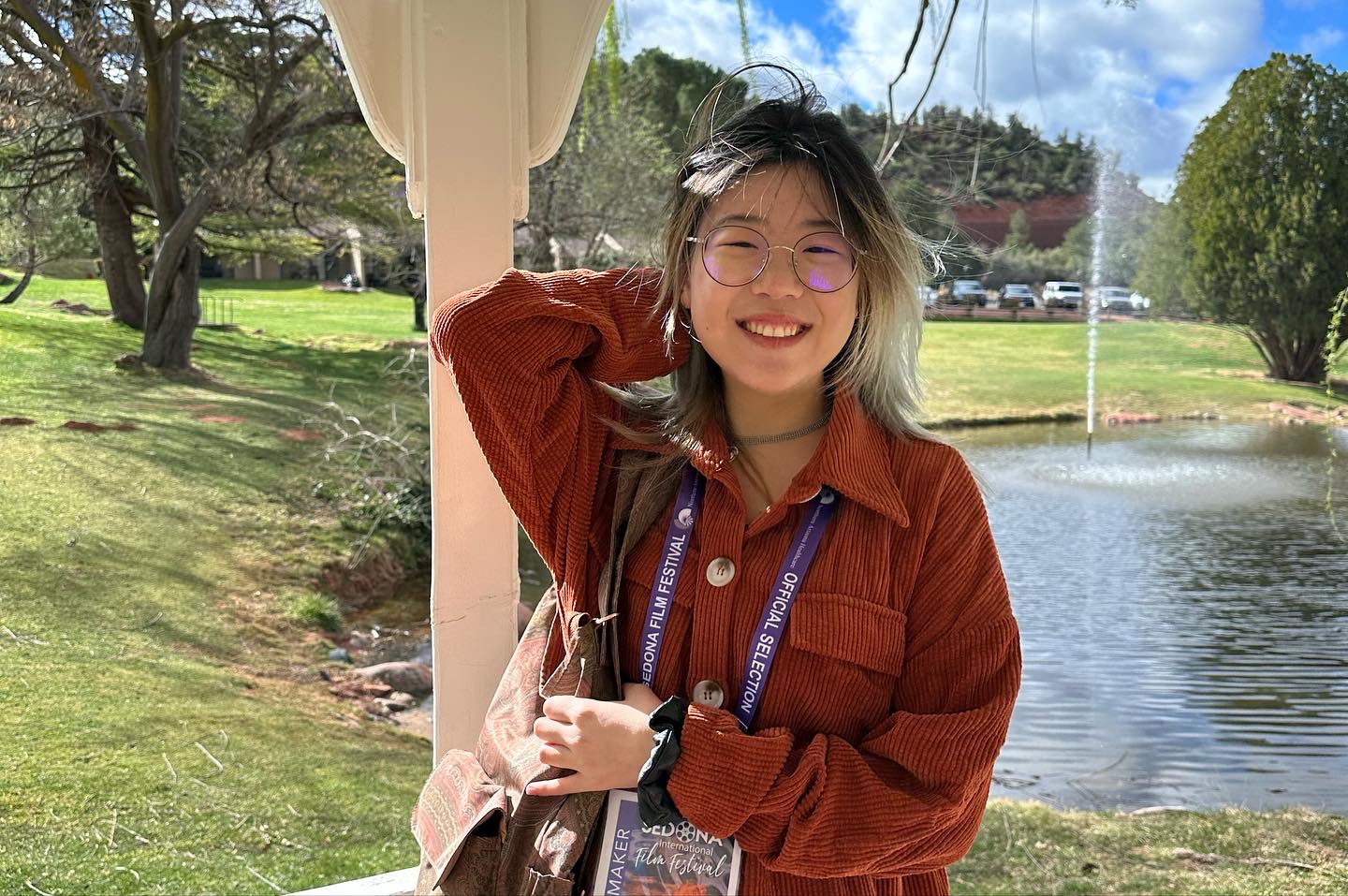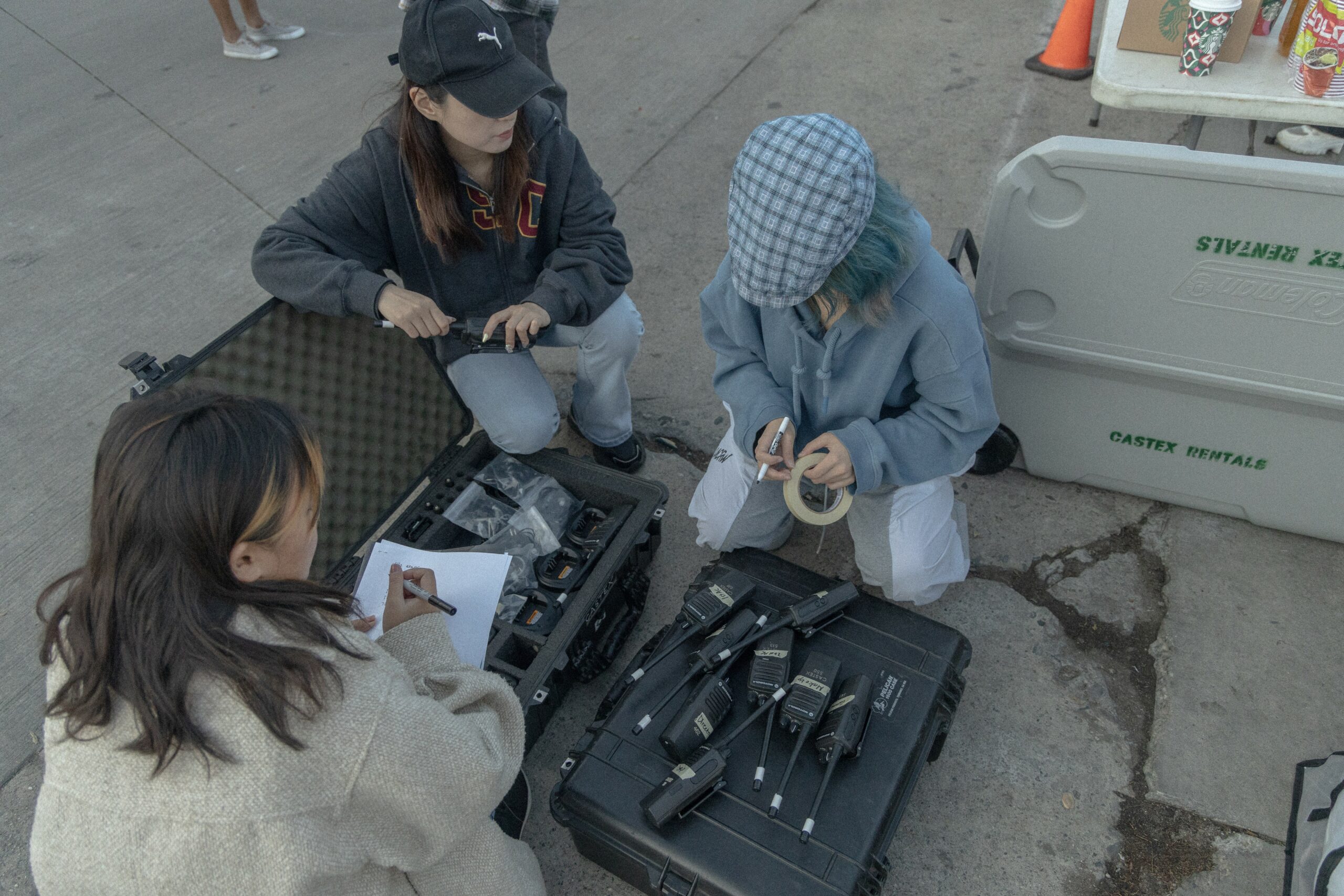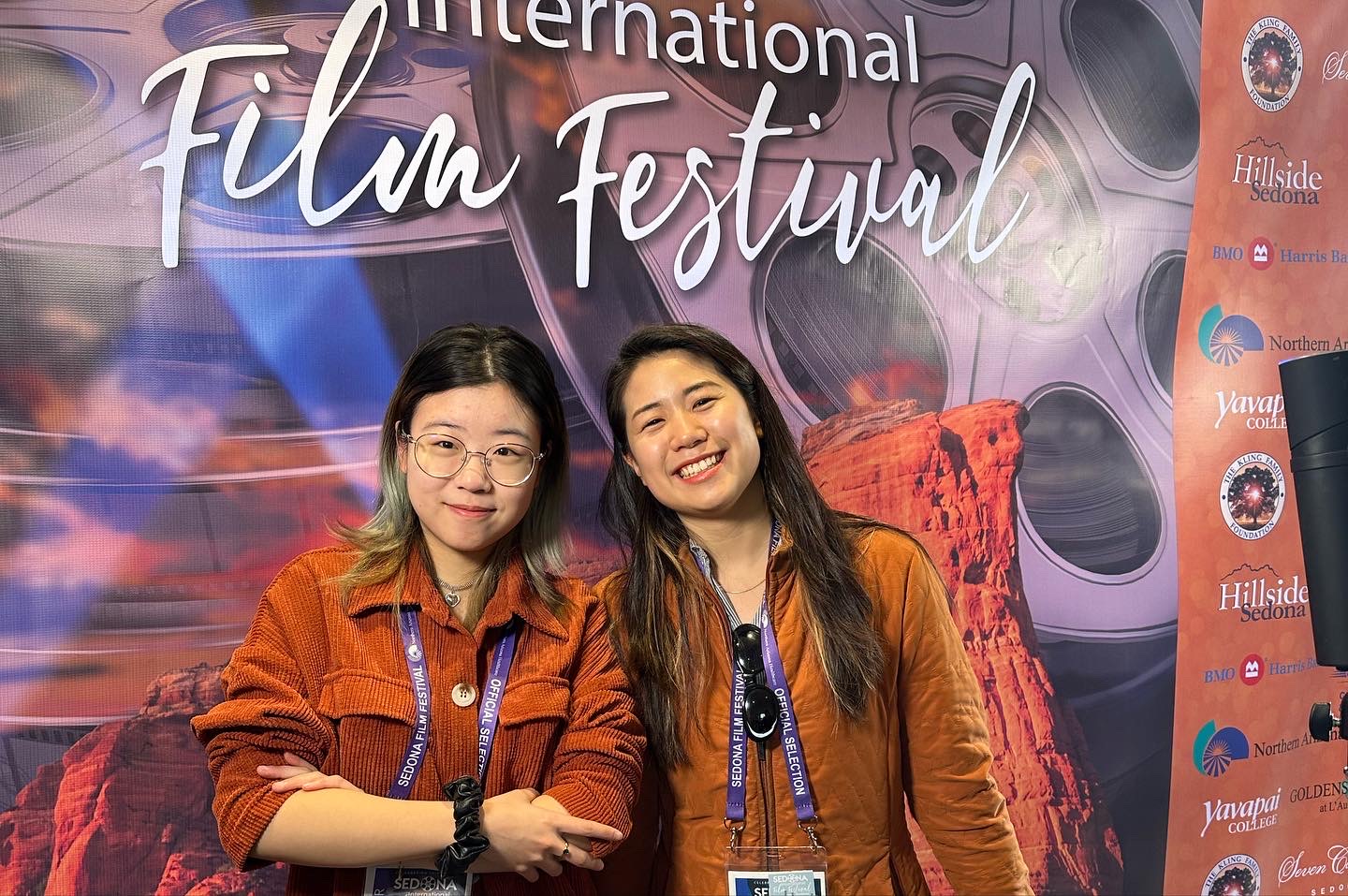Meet Ziyu ‘arwen’ Wang | Independent Filmmaker


We had the good fortune of connecting with Ziyu ‘arwen’ Wang and we’ve shared our conversation below.
Hi Ziyu ‘Arwen’, what was your thought process behind starting your own business?
Starting my own business in film production felt like a natural progression of everything I had been learning, experiencing, and feeling, both personally and professionally. The way I see it, intimate storytelling requires a space where one’s vision isn’t diluted, where stories can be told with sincerity and respect. My thought process was centered on the need to create that space—not just for myself but for others who might not feel seen or heard.
Reflecting on my own journey, the drive to start this business came from the need to tell stories that are brave and personal, like the one about coming out to my mother. Through my work, I saw firsthand the impact that vulnerability has on people; it bridges gaps and nurtures understanding in a way nothing else can. By creating a business dedicated to telling such stories, I hoped to cultivate a safe, open environment where individuals from diverse backgrounds, particularly those from the LGBTQ and marginalized communities, could find a platform.
This venture became more than just a business—it became my way of fostering a sense of community and creating a resource for fellow storytellers. Just as I found comfort and clarity through the lens, I wanted others to feel that same sense of purpose and possibility. My business is rooted in a commitment to creating work that is honest, impactful, and resonates on a deeply human level, so that others might see themselves reflected in these narratives and feel empowered to share their own.

Alright, so let’s move onto what keeps you busy professionally?
My art is all about intimacy and connection—capturing the unsaid, the raw, and the real in a way that invites viewers to truly see someone else. What sets me apart is my commitment to telling deeply personal stories, starting with my own, as a queer filmmaker navigating my Asian heritage. By digging into the complex layers of identity and family dynamics, I strive to create work that isn’t just seen but felt. In my films, I want audiences to recognize something familiar within a life that may be vastly different from their own, bridging gaps of understanding through emotional honesty.
My journey to where I am today wasn’t straightforward. Getting into film production as an Asian filmmaker exploring queer themes came with its challenges. Growing up, I had few role models who looked like me or represented the experiences I felt inside. My family’s traditional views often felt at odds with my own aspirations and identity, creating tension and doubt along the way. When I finally began telling my story through my work, there was vulnerability and fear—fear of judgment, fear of misunderstanding, and even self-doubt about whether my story was worth telling.
One of my biggest challenges was learning to overcome that fear by turning it into fuel for authenticity. I found that the more honest I was, the more my work resonated with others who had been searching for that same sense of validation. Learning this taught me that vulnerability is my greatest strength. I also realized that while external support is invaluable, true resilience comes from staying grounded in my vision and being open to the unique power of my own voice.
What I want the world to know about my brand is that it’s built on a foundation of empathy and courage. I want my work to serve as a safe space for stories that aren’t often told or are deemed too difficult, too personal, or too niche. I aim to create films that leave an emotional impact, that make people pause and reflect, and that contribute to a culture where diversity of experience is celebrated. If I can help even one person feel seen, understood, or encouraged to share their own story, then my work has succeeded.
If you had a friend visiting you, what are some of the local spots you’d want to take them around to?
If my best friend were visiting, I’d plan a week that lets them experience LA’s hidden beauty and creative soul.
We’d start with a sunrise hike at Griffith Park, where the city feels peaceful and the view from the Observatory is unbeatable as morning light floods across the skyline. In the Arts District, we’d explore vibrant murals, quirky shops, and galleries, followed by ramen in Little Tokyo—a place that brings together tradition and modernity in a way that captures the heart of LA.
One evening, we’d catch an indie film at the Alamo Theatre, a perfect spot to dive into thought-provoking stories and unwind with drinks afterward. Another day would take us to Malibu for a beach day, with brunch at Malibu Farm and a quiet hike along the cliffs for views of the open ocean. We’d spend an afternoon at the Huntington Library wandering through its tranquil botanical gardens, and end the trip with a night at the Hollywood Bowl, letting music and city lights wrap up the week—a balance of art, culture, and serene moments that make LA feel unforgettable.

The Shoutout series is all about recognizing that our success and where we are in life is at least somewhat thanks to the efforts, support, mentorship, love and encouragement of others. So is there someone that you want to dedicate your shoutout to?
I’d love to give my shoutout to Professor Pablo Frasconi from USC, whose class on poetic cinema at USC was more transformative than I could’ve imagined. It wasn’t just a course on filmmaking techniques; it was an invitation to view life—and filmmaking—as a deeply reflective, intentional process. Through his guidance, I learned to let my personal story breathe through my work and to embrace vulnerability on screen, which gave me the courage to explore my own identity in ways I’d previously avoided. His encouragement to push the boundaries of storytelling has had an immeasurable impact on the way I approach filmmaking, and his emphasis on intimacy and poetic realism continues to inspire every project I take on.
I’d also dedicate a huge part of my journey to my mom, who, despite the difficult road we’ve traveled together in terms of understanding and acceptance, has been at the heart of my work. It’s her resilience, her own life story, and the evolution of our relationship that have been the most profound influences on my documentary projects. Finally, a shoutout to Shuli Huang’s Will You Look at Me, a powerful, honest portrayal of familial relationships, which affirmed my commitment to telling intimate stories that reveal more than just the surface and capture that same rawness and beauty.
Instagram: https://www.instagram.com/arwennn_wang/

